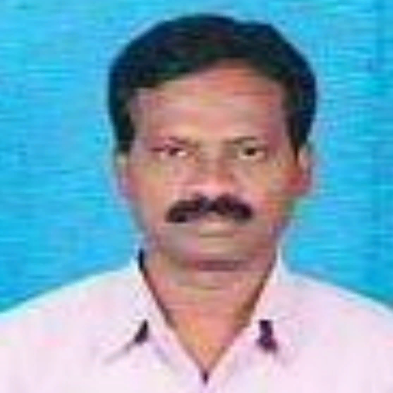
Suresh Babu K
Work place: Department of Electronics and Communication Engineering, UVCE, Bengaluru, 560001, India
E-mail:
Website:
Research Interests: Image Processing, Image Manipulation, Image Compression
Biography
K Suresh Babu working as Professor, Dept. of Electronics and Communication Engineering, University Visvesvaraya College of Engineering, Bangalore University, Bangalore, India. He obtained his BE and ME in Electronics and Communication Engineering from University Visvesvaraya College of Engineering, Bangalore. He was awarded Ph.D. in Computer Science and Engineering from Bangalore University. He has over 28 research publications in refereed International Journals and Conference Proceedings. His research interests include Image Processing, Biometrics, Signal Processing.
Author Articles
Synergy of Schur, Hessenberg and QR Decompositions on Face Recognition
By Jagadeesh H S Suresh Babu K K B Raja
DOI: https://doi.org/10.5815/ijigsp.2016.04.08, Pub. Date: 8 Apr. 2016
Human recognition through faces has elusive challenges over a period of time. In this paper, an efficient method using three matrix decompositions for face recognition is proposed. The proposed model uses Discrete Wavelet Transform (DWT) with Extended Directional Binary codes (EDBC) in one branch. Three matrix decompositions combination with Singular Value Decomposition (SVD) is used in the other branch. Preprocessing uses Single Scale Retinex (SSR), Multi Scale Retinex (MSR) and Single scale Self Quotient (SSQ) methods. The Approximate (LL) band of DWT is used to extract one hundred EDBC features. In addition, Schur, Hessenberg and QR matrix decompositions are applied individually on pre-processed images and added. Singular Value Decomposition (SVD) is applied on the decomposition sum to yield another one hundred features. The combination EDBC and SVD features are final features. City-block or Euclidean Distance (ED) measures are used to generate the results. Performance on YALE, GTAV and ORL face datasets is better compared to other existing methods.
[...] Read more.Other Articles
Subscribe to receive issue release notifications and newsletters from MECS Press journals